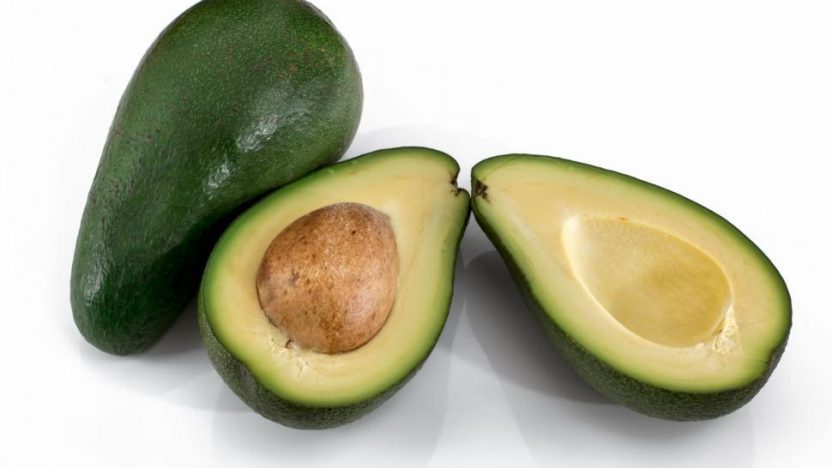Avocados are a popular fruit known for their creamy texture and rich nutrient profile. One of the most common questions people ask is, “How many calories are in an avocado?” Whether you are trying to lose weight, maintain a healthy diet, or simply curious about this superfood, understanding the calorie content of avocados is essential.
How Many Calories Are in an Avocado?
The calorie content in avocados varies based on size and variety. On average, a whole avocado (about 200g) contains approximately 320 calories, while half an avocado (about 100g) has around 160 calories. Here’s a breakdown based on serving size:
- 1 ounce (28g) of avocado: ~50 calories
- Half an avocado (100g): ~160 calories
- A whole avocado (200g): ~320 calories
These numbers can fluctuate slightly depending on the type of avocado, such as Hass or Florida varieties. The Hass avocado, which is smaller and has a creamier texture, typically contains more calories than the larger Florida avocado, which has a higher water content.
Macronutrients in Avocado
Avocados are nutrient-dense and contain essential macronutrients:
- Healthy Fats: Around 77% of an avocado’s calories come from fat, primarily heart-healthy monounsaturated fats (oleic acid).
- Carbohydrates: Avocados are low in carbs, with about 9g of total carbohydrates per 100g, mostly from fiber.
- Protein: They contain around 2g of protein per 100g, making them a modest but valuable source of plant-based protein.
Avocado and Weight Management
Despite their high-calorie content, avocados can actually support weight loss and weight management. The high fiber and healthy fat content help keep you full for longer, reducing overall calorie intake. Studies suggest that including avocados in a balanced diet may contribute to reduced belly fat and improved satiety.
How to Eat Avocados for Weight Loss:
- Control portion sizes – Stick to half an avocado per serving.
- Pair with protein-rich foods like eggs or lean meats for a balanced meal.
- Use as a healthy replacement for butter, mayonnaise, or dressings.
Avocado’s Role in Heart Health
The monounsaturated fats in avocados contribute to heart health by lowering bad cholesterol (LDL) and increasing good cholesterol (HDL). Additionally, avocados are rich in potassium, which helps regulate blood pressure and reduce the risk of cardiovascular disease.
Studies Supporting Avocado for Heart Health:
A study published in the Journal of the American Heart Association found that consuming one avocado per day can significantly lower LDL cholesterol levels. Read the study here.
Other Health Benefits of Avocados
1. Rich in Fiber
Avocados contain around 7g of fiber per 100g, aiding digestion, preventing constipation, and promoting gut health.
2. Packed with Vitamins & Minerals
Avocados are loaded with vitamin K, vitamin E, vitamin C, and B vitamins that support immune function, skin health, and brain function.
3. Supports Eye Health
Avocados contain lutein and zeaxanthin, antioxidants that help protect against age-related macular degeneration (AMD).
How to Incorporate Avocados into Your Diet
Looking for ways to enjoy avocados? Here are some ideas:
- Breakfast: Mash avocado on whole-grain toast with a sprinkle of salt and lemon juice.
- Salads: Add sliced avocado to salads for a creamy texture.
- Smoothies: Blend with spinach, banana, and almond milk for a nutrient boost.
- Guacamole: A delicious and healthy dip for snacks.
Common Myths About Avocados
Myth 1: Avocados Are Too Fatty to Be Healthy
While avocados are high in fat, the monounsaturated fats they contain are beneficial for heart health and metabolism.
Myth 2: Eating Avocados Causes Weight Gain
Moderate consumption of avocados does not cause weight gain. In fact, their fiber and healthy fats can promote satiety, reducing overall calorie intake.
Conclusion
Avocados are a powerhouse of nutrition, offering numerous health benefits despite their calorie content. With around 160 calories per 100g, they provide healthy fats, fiber, vitamins, and minerals that support heart health, digestion, and weight management. When consumed in moderation, avocados can be a valuable part of a well-balanced diet.




